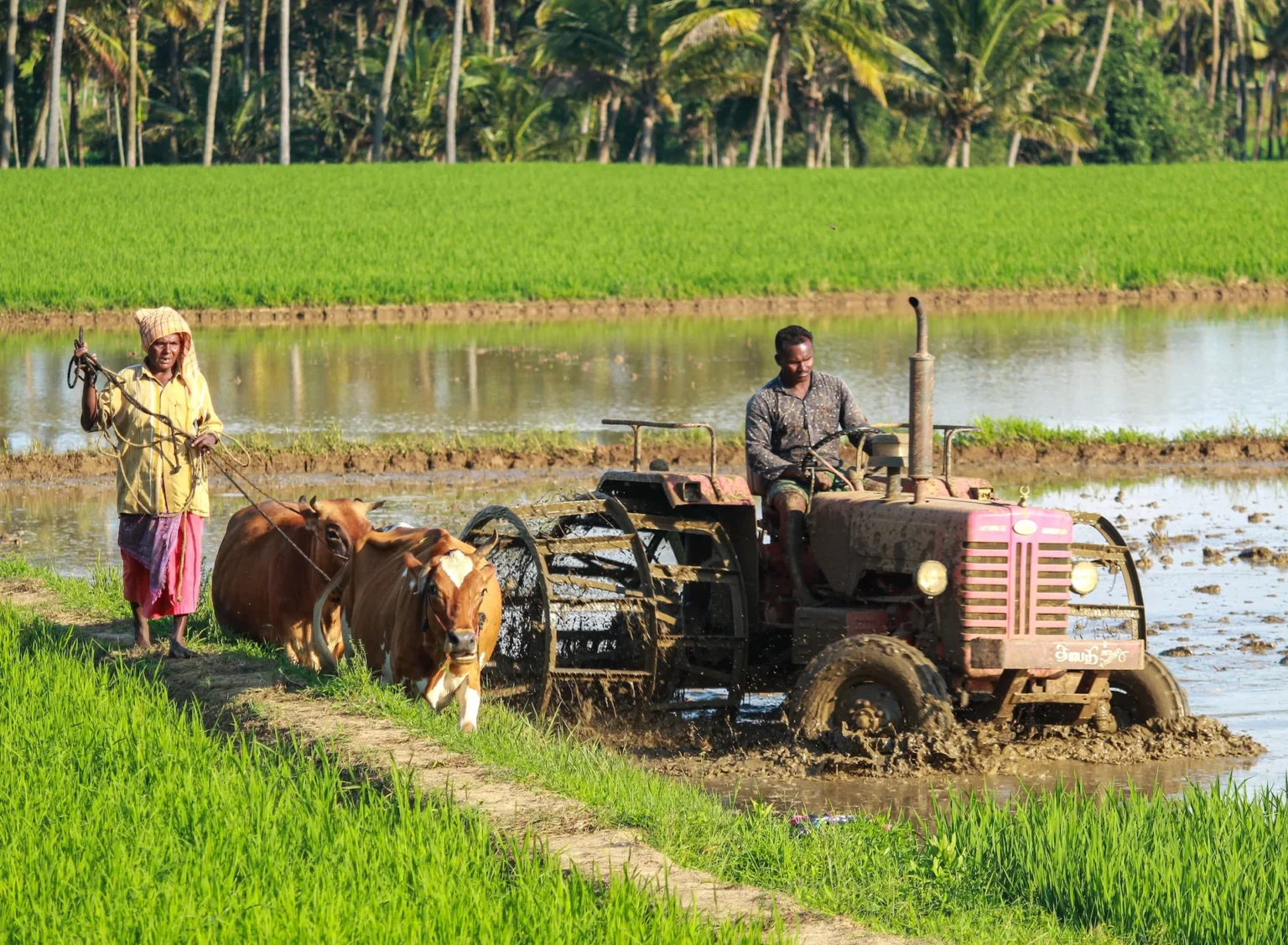India- In a significant development, the governments of India and Israel have prolonged their collaboration in agriculture by entering into a three-year work program agreement. This strategic agreement seeks to strengthen cooperation in the agricultural sector, acknowledging its pivotal role in the bilateral relationship. The initiative builds upon the success of the “INDO-ISRAEL Agricultural Project Centres of Excellence” and “INDO-ISRAEL Villages of Excellence.”
The Ministry of Agriculture and Farmer’s Welfare, Government of India, and MASHAV, Israel’s Agency for International Development Cooperation, are spearheading Israel’s most extensive government-to-government cooperation. The program encompasses 29 operational Centers of Excellence (COEs) spread across India. These centers implement advanced-intensive agriculture practices using Israeli Agro-Technology tailored to local conditions. Annually, the COEs play a crucial role in generating knowledge, showcasing best practices, producing over 25 million quality vegetable seedlings, more than 387 thousand quality fruit plants, and training over 1.2 lakh farmers in the latest horticultural technology.
Shri Narendra Singh Tomar, Minister of Agriculture & Farmers Welfare, stressed the continued priority of agriculture in India and highlighted the positive changes brought about by the government’s agrarian policies. He underscored Prime Minister Narendra Modi’s commitment to increasing farmers’ income. The newly initiated work program, the 5th under the INDO-ISRAEL Agricultural Project, is anticipated to further fortify bilateral relations and mutual cooperation between the two countries.
Shri Sanjay Agarwal, Secretary, Department of Agriculture, Cooperation & Farmers Welfare, emphasized the transformative impact of the Centers of Excellence in the horticulture sector. The focus of the new work program is geared towards converting villages surrounding these COEs into Villages of Excellence through extensive outreach programs.
Ambassador Dr. Ron Malka highlighted the strength of the growing partnership evident in the three-year work program (2021-2023). The program aims to expand existing COEs, establish new centers, enhance the value chain, make COEs self-sufficient, and foster private sector collaboration.
The introduction of the “INDO-ISRAEL Villages of Excellence” represents a novel approach, creating a model ecosystem in agriculture across eight states. Thirteen Centers of Excellence within 75 villages will concentrate on modern agriculture infrastructure, capacity building, and market linkage. The program’s objective is to augment net income and enhance the livelihoods of individual farmers, transforming traditional farms into modern-intensive farms based on IIAP standards.
The signing ceremony of the work program saw the participation of Union Minister of State for Agriculture and Farmers’ Welfare Shri Parshottam Rupala, Shri Kailash Choudhary, along with senior officers from the Israeli Ministry of Foreign Affairs, Ministry of External Affairs, and the Government of India.
The India-Israel agricultural partnership, stemming from the INDO-ISRAEL Agricultural Project initiated with an MOU signed in 2006, seeks to introduce crop diversity, boost productivity, and optimize water use and efficiency. The partnership has resulted in the establishment of 29 operational COEs in 12 states, delivering tangible benefits to farmers through knowledge-sharing, technology adoption, and economic upliftment.
This collaboration also extends to holistic water management and community irrigation, with a specific focus on harnessing treated wastewater to meet irrigation requirements. Two noteworthy projects involve transporting treated wastewater to areas with limited water availability for sustainable agriculture, underscoring the commitment to responsible water resource management.
In conclusion, the India-Israel agricultural partnership is poised to foster knowledge-sharing, facilitate technology adoption, and contribute to economic upliftment for farmers, thereby making significant strides in ensuring food security and rural development.



